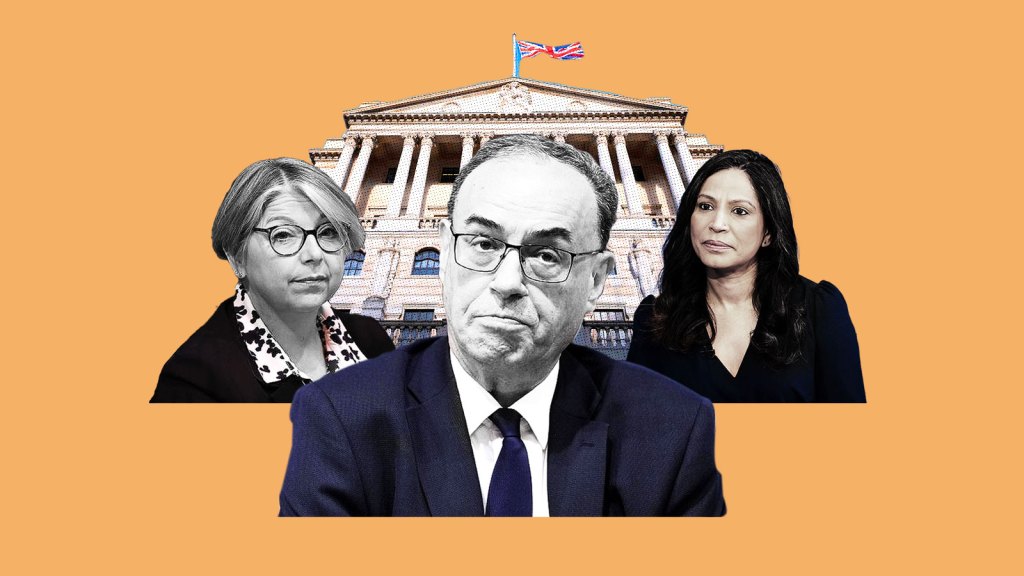The Rising Debt Crisis: A Generational Burden
Cast your mind back to the endearing puppets, Betty, Earl, and Joyce. They were memorable figures, bubbling with charm and always ready to engage in conversation. Their slogans were iconic: “Straight-talking money” and “We make decisions on the spot.” Instant gratification seemed both effortless and normal back then. You could easily obtain a loan today for a night out, an upscale handbag, or something else. What are you waiting for? Isn’t life meant to be lived to the fullest?
These puppets were part of the marketing strategy for the payday loan firm Wonga, which became well-known for its ubiquitous presence in television commercials, billboards, and even Premier League sportswear. The marketing campaign was so effective that Wonga earned the title of digital entrepreneur of the year at the Guardian Awards for Digital Innovation. Over a million British consumers took out loans, lured by charming puppets. It must have seemed delightful until the reality of interest payments surfaced, ushering in a narrative of hardship and darker times.
What we are witnessing across the western world today is, I argue, much more concerning than the tactics employed by Wonga. Just last week, I observed a series of cheerful puppets promoting “buy now, pay later” schemes, far bolder than any payday loan advertisements. Nigel Farage, arguably the most engaging but also disturbing puppet, presided over a grand announcement reminiscent of a bingo game, touting benefits such as winter fuel payments and tax exemptions with exuberance.
The Institute for Fiscal Studies emerged to discuss the ramifications of this financial recklessness, elucidating how it would contribute billions to an already overwhelming public debt, which is consuming almost double what the UK spends on national defense. However, their warnings held as much sway in the current frenzy as the fine print in a Wonga contract. This moment resembled a bidding war where the nation resembled hungry gannets.
In response, Keir Starmer, who portrays himself as the embodiment of fiscal prudence, oversaw a staggering £148 billion deficit in his initial fiscal year, characterized by handing out financial incentives like confetti, including public sector pay increases without equivalent productivity gains. Labour insiders recently indicated that the government might reverse cuts to benefits and fuel payments while planning a spending spree in economically vulnerable regions. This would push national debt far above 100% of GDP, with projections suggesting it could reach 250% within my lifetime. This isn’t about politics; it’s about a troubling pattern.
This crisis permeates nearly the entire western world. Just ten days ago, the House of Representatives voted to approve Donald Trump’s substantial spending plan, projected to add approximately $3.8 trillion to an already massive national debt. As Trump celebrated in front of supporters, drawing a parallel to the wise Roman senator Gracchus in the film Gladiator, the common theme remained: distract the populace with spectacle while disregarding the foundational issues. The essence of a society can become blurred, as illustrated in the ancient empires.
Scholars like Spengler and Toynbee have historically claimed that civilizations navigate through stages of discipline, achieving prosperity before gradually devolving into entitlement and extravagance. This is a narrative reflected in the histories of the Maya, Rome, and even 18th-century France, where debt interest accounted for half of the national budget. Today, political factions skirmish over superficially different approaches to debt management—whether through tax reductions or increased spending—while perpetuating the same reckless cycle, postponing significant issues and ultimately jeopardizing future generations.
In his essay, “Politics and the English Language,” George Orwell posited that the decay of language reflects a civilization’s decline and acts as a catalyst for foolishness. Nowhere does this notion resonate more strongly than with public debt. Labeling expansive borrowing as “austerity” while continuing to increase deficits exemplifies this distortion. Analysts often depict politicians as “addicted to debt,” but this characterization misplaces the blame.
Politicians are not the addicts; they are the suppliers. They are the engaging puppets satisfying our desires, akin to Wonga executives profiting from our vulnerabilities. Western voters find themselves in a bind, caught between soaring taxes and expenditures while a significant portion goes towards servicing debt orchestrated by leaders now earning handsomely in their post-political ventures. Consider Boris Johnson, who was elected on a platform of unrealistic commitments, now reportedly enjoying great financial rewards from his previous role.
While it is common for critical essays like this to propose solutions, allow me to conclude with a couple of suggestions. First, we need to reduce social spending by addressing the culture of dependency. I would also recommend a significant reform of our taxation system. The Labour party’s approach to raise taxes on a diminishing workforce may drive wealth creators away, further shrinking the tax base. Instead, why not consider taxing land value—which cannot be moved offshore—allowing for substantial cuts in income and capital taxes? Many economists acknowledge the prudence of such a move.
However, none of this will materialize until a significant portion of the electorate recognizes the magnitude of the Ponzi scheme we are entangled in, a situation now drawing the scrutiny of financial watchdogs. Historians state that nations can be enslaved through force or debt. The unfortunate irony of modern democracy is that we have potentially ensnared not only ourselves but also our children in this plight. This may well define the Wonga-isation of the western world.




Post Comment